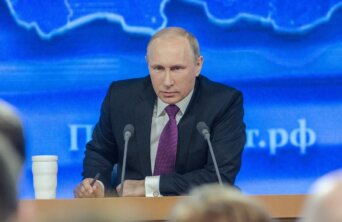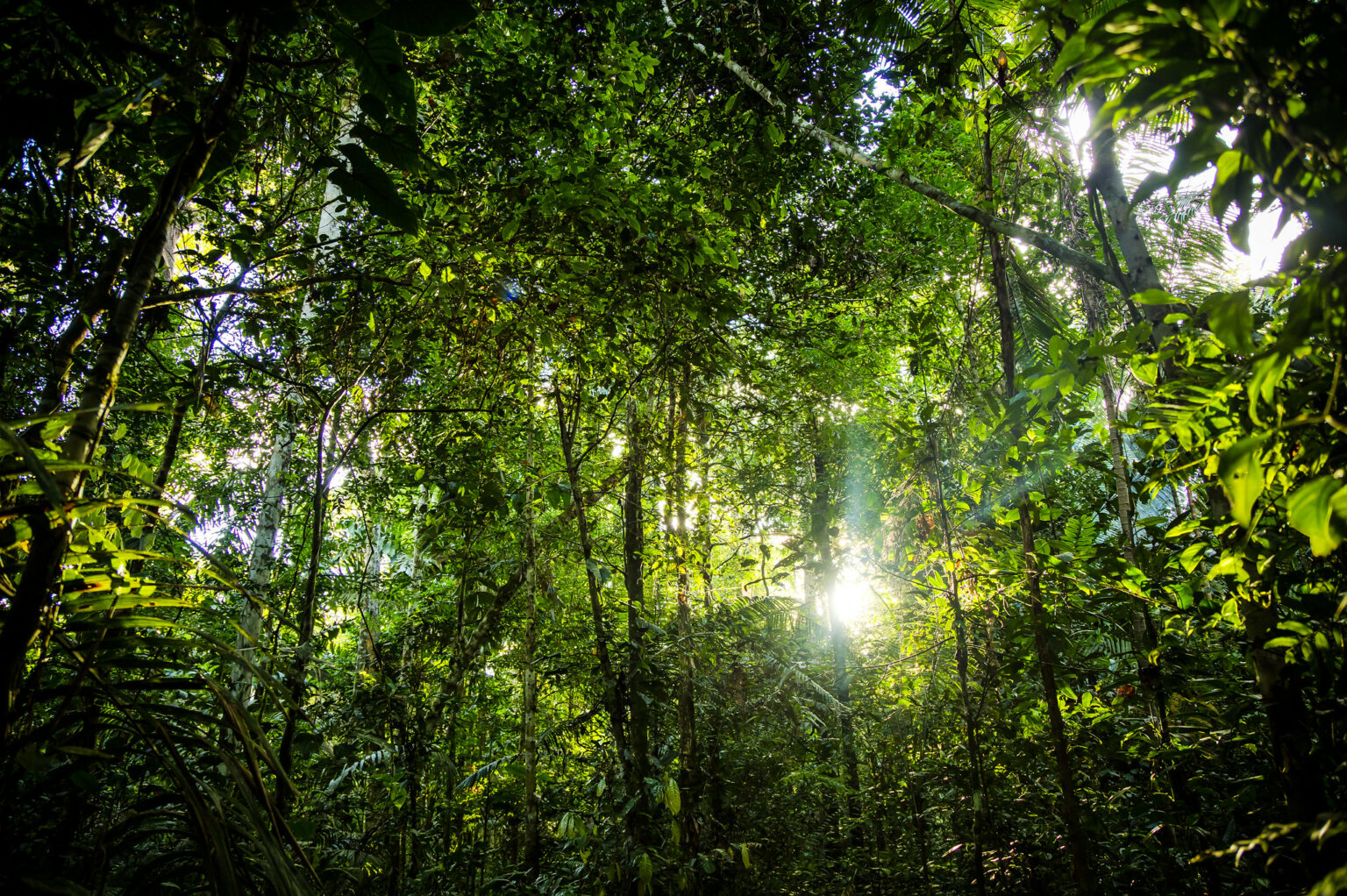- About
- Topics
- Story
- Magazine
- In-Depth
- Picks
- Opinion
- News
- Donate
- Signup for our newsletterOur Editors' Best PicksSend
Read, Debate: Engage.
| topic: | Climate action |
|---|---|
| located: | Russia |
| editor: | Andrew Getto |
COP26, the annual UN conference on climate change, is currently taking place in Glasgow. Its attendees include the leaders of most large economies - but Russian leadership was notably absent, showing that Moscow cares a lot for climate change rhetorically, but is not ready to take any steps to fight it in practice.
This summer, the Intergovernmental Panel on Climate Change (IPCC) issued a report calling for immediate world-scale action to set national carbon dioxide emission caps even lower than agreed at the 2015 Paris Summit. The scientific community warns that reducing emissions to net-zero by mid-century is the only chance of averting catastrophic climate consequences and keeping global warming below 1.5 to 2 degrees Celsius.
Russia has every reason to worry about climate change. Temperatures in the Russian Arctic are rising at an alarming rate; melting permafrost damages industrial infrastructure and releases anthrax; forest fires are getting more devastating every year. Last month, President Vladmir Putin even said that “climatic deformations and the degradation of the environment are so obvious that even the most carefree people can’t brush them off.” Yet, in practice, that’s exactly what Russia does.
Along with China, Russia disagrees with the 2050 net-zero emissions goal, which it instead aims at achieving by 2060. That may sound like a good try, and is certainly the most ambitious ecological commitment the country has ever set, but it is very hard to identify practical steps to reach that goal.
All the evidence so far points to the opposite effort. Moscow declined to join Washington and Brussels in the initiative to cut methane emissions, which increase the greenhouse effect faster than carbon dioxide. It also apparently covers up methane leaks. In fact, Russia plans to ramp up its oil and gas production in the upcoming decade, claiming that its forests will soak up the emissions - which is a convenient excuse to not make any changes to its energy sector at all.
Fossil fuels make up about one third of the Russian budget’s income. Two decades under Vladimir Putin have failed to reduce the country's oil and gas dependence by a notch. In this context, the global drive away from fossil fuels is an enormous threat. One reliable strategy is teaming up with a country in a similar situation - China.
The world’s biggest polluter produces almost ten times as much CO2 as Russia. Meanwhile, Moscow is doubling its supplies of coal and gas to Beijing. The two countries appear to present a unified front against the Western-led pressure to move towards green energy, which did not go unnoticed. Both former US President Barack Obama and the current leader Joe Biden blasted Russian and Chinese leaders for missing the climate summit.
The global drive to move away from fossil fuels will inevitably force Russia to adapt to the new reality. Vocal international pressure will be crucial on this front as well.
Image by DimitroSevastopol

